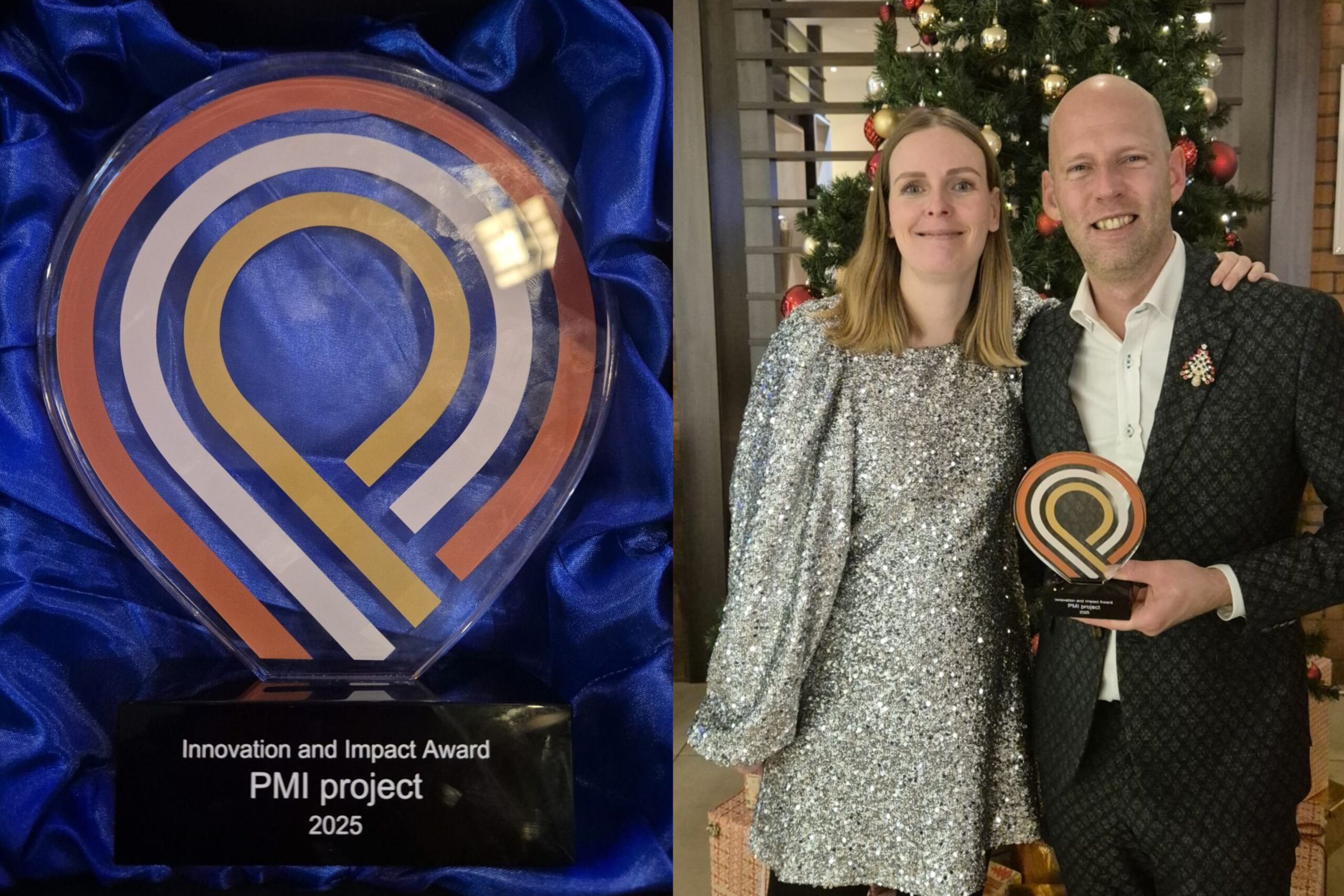Strand Hotel
Hotel founder Erling Falch Monsen first hired Young Ngoc Nguyen as a consultant, and later purchased the old boat-refugee hotel. What was once a troubled property has since become a symbol of transformation and resilience.
“Watch your belongings,” Hotel Director Asle Prestegard jokes, recalling the Strand Hotel’s colorful past. Situated by Bergen’s Fish Market, the hotel was once known for attracting a rough crowd. Longtime bar manager Hans “Hansemann” Bru, who has run the bar since 1996, still shares stories from those days—including the legendary guest who managed to bring a horse up to the sixth floor. Horses, it turns out, can climb stairs but not descend them.
In those years, locals often avoided the Strand, and staff hesitated to admit where they worked. Yet for Nguyen, his family, and many other refugees, the hotel felt like a haven—a first step toward safety and belonging in Norway.
“The first meal we ate in Norway was just butter—a rare luxury we could only dream of in Vietnam,” Nguyen remembered. “We even saved towels and soap from our rooms, thinking they might be useful in case of another war. My parents carried with them the belief that conflict was inevitable, because peace had never been part of our lives before.”
For today’s guests and staff, the Strand tells a different story. It represents not just a hotel’s revival, but how communities and individuals can rebuild, adapt, and create new opportunities together.
Chained for Three Weeks
Nguyen’s journey has been long. As a boy in Vietnam, his family chained him and his younger brother to a table for three weeks to keep their escape plan secret. Years later, he found himself back at the Strand Hotel—this time not as a refugee, but in a business meeting with hotel entrepreneur Erling Falch Monsen and hotel director Asle Prestegard.
“Thanks to the management tool from Nguyen’s company, d2o, we can sit anywhere in the world and see an overview of our hotels’ performance—right down to productivity per employee,” said Prestegard. “This tool has allowed us to grow from one to three hotels with the same management team.”
In 2008, the Bergen Hotel Group, led by Falch Monsen, became a d2o client. That same year, the group expanded and took over Nguyen’s old refugee home, the Strand Hotel.
Nguyen founded d2o in 2000 to build a management tool tailored for hotels. With just $10,000 in startup capital, he struggled through the first year with an empty bank account. But today, d2o serves 60% of Norway’s hotel market and generates extraordinary growth. It’s a remarkable shift from his first customer meeting in Copenhagen, when he saved money by taking the ferry for only one dollar.
Doubled with Management
“You are well positioned compared to budget, although the trend mirrors last year,” Nguyen noted during his meeting with Prestegard. “You might have budgeted more aggressively.”
Prestegard shifted in his chair while owner Falch Monsen leaned forward. “Holding back could be wiser,” Prestegard suggested. “It ensures a bigger bonus,” Monsen replied.
The three leaders had moved from the Strand Hotel’s reception to the Scandic Bergen City meeting room. Falch Monsen bought the Scandic in 1976, after leaving his job as a bartender at Hotel Norge to purchase an apartment building with 64 units and seven shops for $230,000. Soon after, he had to sell it and move his family into a small apartment to avoid bankruptcy. At times his bank account was so empty that he reused unstamped postage from incoming mail. Even now, with profits of $4.3 million last year, he still saves stamps out of habit.
“d2o’s management tool was crucial when we doubled our business after taking over the Neptune and Strand Hotels in 2008,” Monsen said. “It gives us a daily overview of everything—from bar sales to hourly labor costs.”
Norwegian Bargaining Champion
Prestegard wasn’t done. He planned to bargain with Nguyen for a better license price. After negotiations he admitted, “It is an expensive tool, and training costs are high, but we reached a fair deal.”
Prestegard is the eldest of three hotelier brothers. All three are Nguyen’s clients, and all insist on bargaining—every single time. “We have more than 400 hotel customers,” Nguyen said with a smile. “But only the Prestegard brothers negotiate every offer, even after negotiations.”
Expensive or Not
d2o’s reputation is growing fast. Last year, the company earned $1.2 million in pre-tax profit on $3.2 million in revenue, a 38% margin. Growth continues, and the potential ahead is even greater if Nguyen’s plans succeed. For clients, employees, and partners alike, this success shows how collective effort creates lasting results.
Dreams of a Hotel Chain
Perhaps it’s no surprise Nguyen built systems to cut costs and raise productivity. As a child, his only Christmas gift was a small bag of potato chips, divided six ways among his siblings. “Even if we knew what it was, we jumped with joy because it was such a rare treat,” he recalled.
The Nguyen family financed their escape from Vietnam in 1978 with borrowed gold. Later in Norway, his father continued to save in gold, fearing future wars could make currency worthless. That savings went toward the children’s education, ideally in medicine or engineering. But Nguyen chose a different path. At 14, he read that hotels in Asia would be a growth industry, and from then on he dreamed of owning his own chain. His story is personal, but it also reflects the power of opportunity, resilience, and education for every generation.
Moving to the U.S.
“Within five years we will reach $30 million in annual turnover, but that’s only possible in the U.S.,” Nguyen said. The Nordic market has become too small. Now he is applying for a U.S. visa, buying a home in Florida, and preparing to relocate with his wife and children. A respected American hotel group has already signed with d2o, but Nguyen knows success requires his presence on the ground.
“We take hotel management to a new level of detail,” Nguyen explained. “Instead of relying on annual budgets, our process uses daily rolling forecasts across all departments. With our tools, a chef must explain why they over-ordered lobster and then sold it off as soup at a loss.”
The next step is integrating artificial intelligence, giving managers daily coaching and benchmarking against best performers. “This way,” Nguyen said, “teams learn continuously from their mistakes and improve together.”
Success Will Be Big
Nguyen often works late into the night, taking calls with clients as far away as Hawaii. When asked what drives him, he answers simply: “I love to succeed. I love to be the best.” But he also stresses that real success comes when communities, companies, and individuals grow together.
d2o and the Dream of a Hotel Chain
“I expect d2o will be sold in 10 years,” Nguyen said. “We will need capital to seize opportunities. My dream is to use my talent to succeed, not just as a consultant but as an owner.”
For Nguyen, influence matters. “I don’t like to think the wealthiest people are better, but they do hold greater influence. I will play by the rules to reach that level—but I will use power differently, in ways that can lift others.”
Back at the Hotel Room
After the meeting, Nguyen walked back into the same Strand Hotel room where his family stayed as refugees in 1978. The space seemed smaller now, but memories of fishing by the market and marveling at the nearby toy shop returned vividly.
“Norway is the closest I have to a homeland,” Nguyen reflected. “But I will always remain a banana—as they say in Vietnam—Asian on the outside, European on the inside. Many of us with immigrant backgrounds feel like outsiders, but my drive is to show we belong, and that we can shape society, too. My message to the next generation is: don’t stop at becoming engineers or doctors. Dream bigger. Gain influence. Use it to create opportunities for others—like Robin Hood.”
Source: Øystein Krogsrud | www.dn.no


